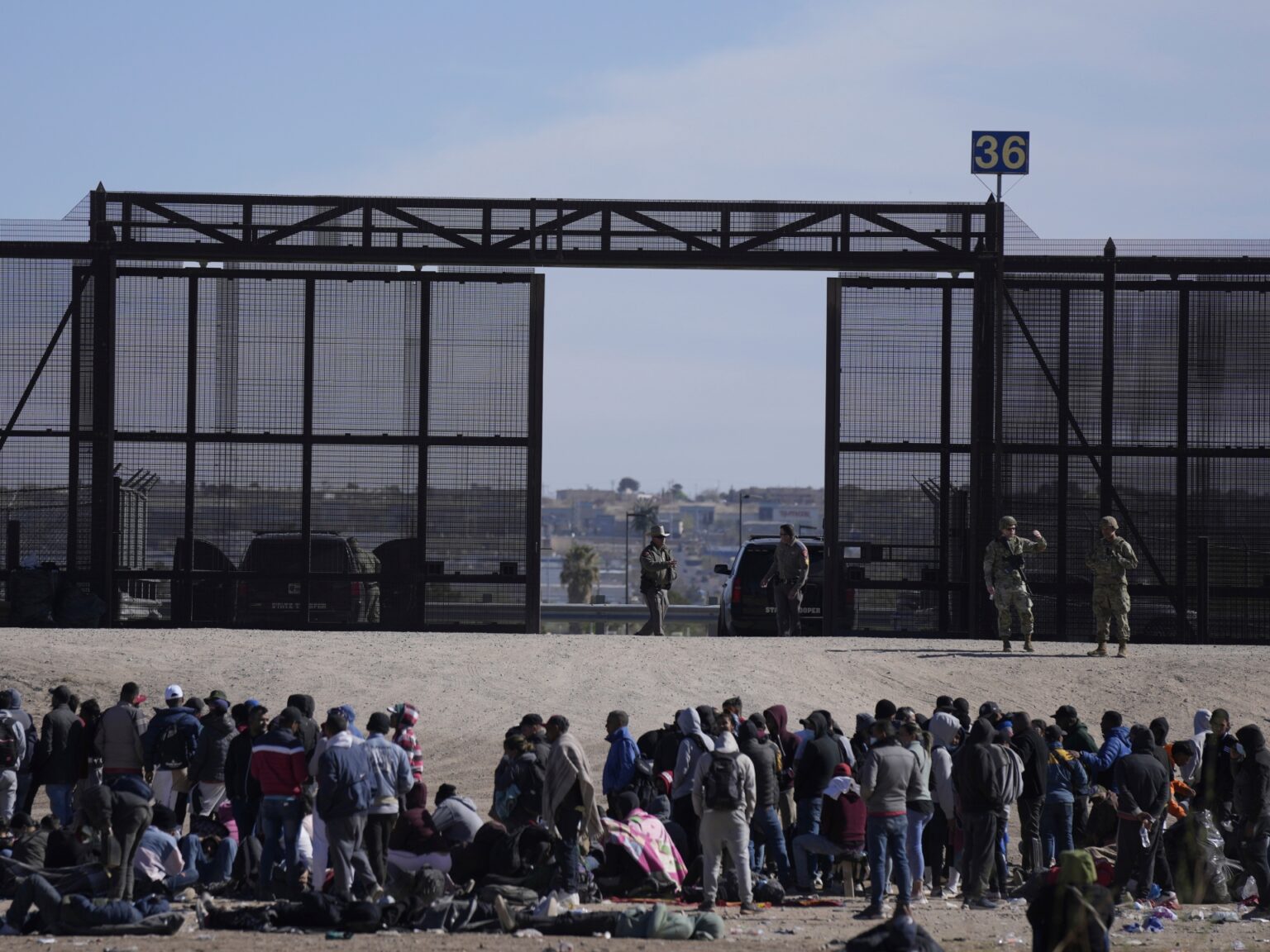Global Courant 2023-04-28 00:42:33
The United States will open immigration processing centers in Colombia and Guatemala and expedite deportations of those seeking to enter the country illegally as officials prepare for an increase in border crossings following the expiration of a controversial COVID-era rule.
U.S. Secretary of Homeland Security Alejandro Mayorkas and Secretary of State Antony Blinken announced the planned measures on Thursday, which they said were designed to discourage people from traveling to the U.S. border after the expected expiration of Title 42 on May 11.
The controversial COVID-19 health policy, introduced in March 2020, had allowed US authorities to deport people who had crossed the border illegally without allowing them to seek asylum. Human rights observers have accused that the measure violates international law.
Immigration rights groups have both applauded and condemned parts of the latest measures, with some comparing their restrictions to those imposed by former US President Donald Trump.
In turn, Sunil Varghese, policy director of the International Refugee Assistance Project (IRAP), said the expansion of routes for asylum seekers to enter the US was “long overdue”.
“But we can’t ignore the fact that the Biden administration is proposing a Faustian deal by simultaneously trying to implement a Trump-era asylum ban on the US-Mexico border, effectively slamming the door on countless others in need Varghese said in a statement.
Speaking on Thursday, Mayorkas said “the expedited removal will begin” on May 12 for those who cross the border “without first taking the legal route of entry”.
Those evictions would also apply to families crossing the border, he said. The deported would also be banned from re-entering the country for five years, unlike Title 42, which did not prevent asylum seekers from re-entering.
“Those who arrive at our border and have no legal basis to stay will have made the journey, often in horrific trauma and paid their savings to the smugglers, only to be swiftly removed,” he said. “They will most often be removed within a few days.”
Meanwhile, the US will deploy special asylum officers to the new refugee centers in Guatemala and Colombia. Mayorkas said those agents “will interview candidates for the US refugee admission program and ensure rapid processing of a larger number of individuals.”
Individuals may also be screened at the centers to follow additional routes to the US or to other countries where they may be eligible, including Canada or Spain. Mayorkas added that the US is in talks with other countries to expand the program.
The centers are being launched in partnership with the US State Department and will be operated by international organizations, the officials said.
Responding to a question on Thursday, Blinken denied that the centers amounted to the US outsourcing border enforcement.
“The point here is to do this: take advantage of the fact that international partners have physical locations in a number of countries where they do very important work and to bring some of our own officers and experts to these centers so that people can go to them. can come to see if they are eligible for one of several legal pathways to get to this country,” said Blinken.
The officials also announced the expansion of programs that allow certain US residents and citizens to more quickly apply for family members to be transferred to the US.
The changes come in the wake of a new policy announced by the administration of US President Joe Biden in January that would allow as many as 30,000 Cubans, Haitians, Nicaraguans and Venezuelans to enter the US each month if they meet certain pre-approval requirements.
However, rights groups condemned part of the plan that allowed authorities to deport people from those countries seeking asylum through irregular entry.
They also criticized the legal entry requirements as too burdensome for many refugees: for example, applicants must be able to demonstrate that they have a sponsor in the US who can support them financially.
Mayorkas also said on Thursday that the government has “no plans” to resume the controversial practice of detaining families crossing the border, which Biden had ended upon taking office amid vows to create a more “humane” approach to migration.
Mayorkas said the administration would continue to use “the full spectrum of our alternatives to detention programs,” including monitoring families through anklets and other forms of surveillance.
Republicans have regularly focused on an increase in border crossings after Biden took office in 2021. On Thursday, Republicans in the US House of Representatives would introduce their own version of a border security package that they expect to bring to the chamber floor in May.
The issue is likely to become big in the 2024 presidential election, with Biden announcing earlier this week that he would run for a second term.




